Let’s be honest, the cannabis market is becoming a cut-throat one, with everyone looking to make a buck, a range of low-level and possibly dangerous products on the market, and a rush by local governments to save revenue by outlawing what they can’t regulate. This brings up the question of whether a hemp-derived THC like delta-8 threatens the revenue of the legal cannabis industry, and explains why recreational states are quickly banning it.
Delta-8 THC runs the gamut from accusations that it threatens the legal industry, to governments like Texas which recently failed to fully criminalize it. What’s all the fuss about? Well, this alternate form of THC gives a milder psychoactive high, doesn’t create the anxiety that delta-9 can, and leaves users with more energy and less couch locking. There are very good reasons why delta-8 is liked by so many, and we have an array of great Delta-8 THC deals that can get you started with this new form of THC.
What is hemp-derived THC?
In short, THC and CBD are the two more prevalent cannabinoids in a cannabis plant. Some plants, which we use the term ‘marijuana’ for as a differentiator, have more than .3% of THCA in the plant, whereas the term ‘hemp’ implies cannabis with less than .3% THCA, and a higher amount of CBDA. The reason I use the terms ‘THCA’ and ‘CBDA’, instead of ‘THC’ and ‘CBD’, is because THCA and CBDA are the precursor acids that are found in cannabis flowers, and the actual compounds for which these measurements are made in fresh and dry plants. THC and CBD occur only after decarboxylation. Even the term ‘THC’ really isn’t a good one, as that merely stands for ‘tetrahydrocannabinols’, and the THC of interest is specifically delta-9.
It is much easier to extract THCA from marijuana plants since there’s way more of it there. In hemp plants, it only exists in small amounts, but CBDA exists in larger amounts. This CBDA can be converted into CBD, and then into delta-9 by way of a solvent and some processing. Realistically, this is not the issue, though. The issue, is that it can also be used to source delta-8 THC.
SALE: Delta 8 THC Vape Cartridges – Only $10/cart
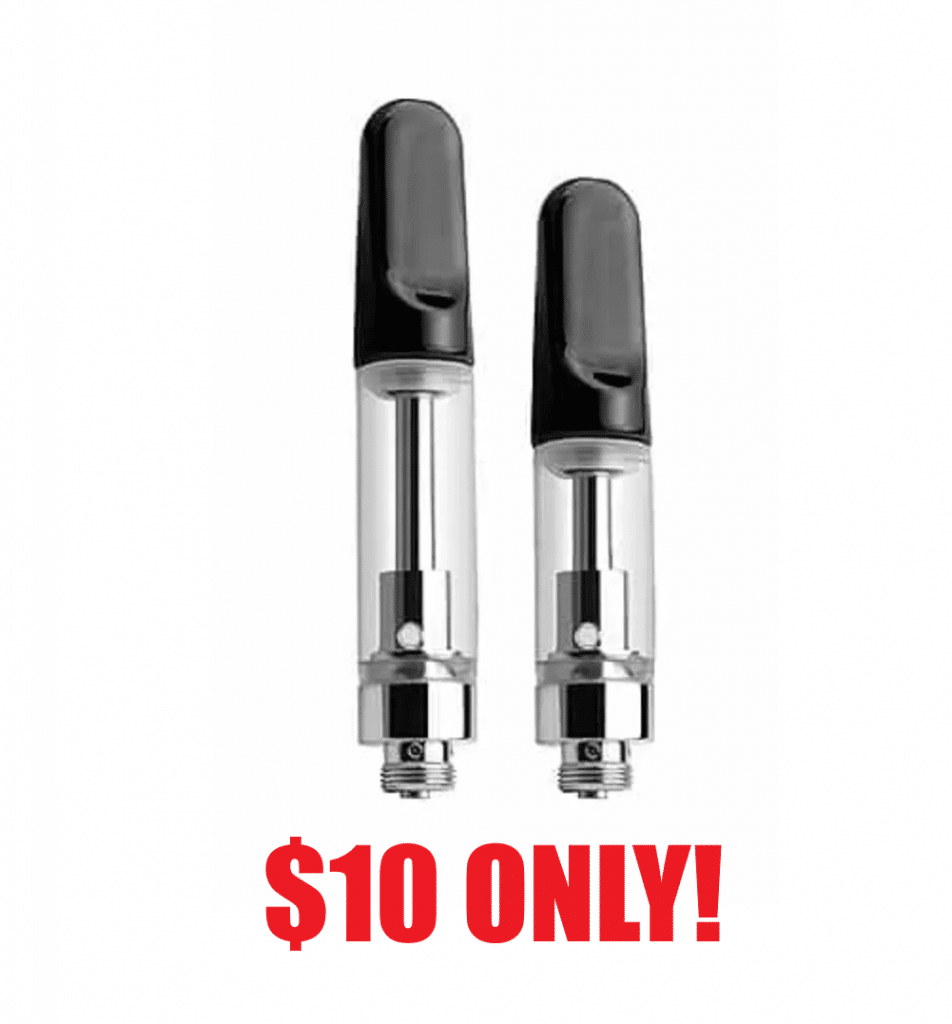
Delta-8 THC is also naturally occurring, like delta-9, and is produced through the oxidation of delta-9 when it comes into contact with oxygen. This happens at an extremely low rate, however, so in order to produce enough to be used in products, human processing help is needed. This has caused an argument as to whether delta-8 should be considered a synthetic, and bound to laws related to THC synthetics.
The delta-8 legality issue
What should be pointed out about delta-8, is that while there is still talk of a federal loophole, and while it seemed briefly like this might be the case, it never was the case at all. Even if it had been, the US government ended all discussion of its federal legal status by officially adding it to the DEA’s Controlled Substances list, as an alternate name for ‘tetrahydrocannabinols’, along with delta-9, for regulation under DEA criminal code 7370. This wasn’t totally necessary in my opinion, as , even without considering it synthetic (which is indeed debatable), its still an analogue of delta-9, and therefore illegal due to the Federal Analogue Act.
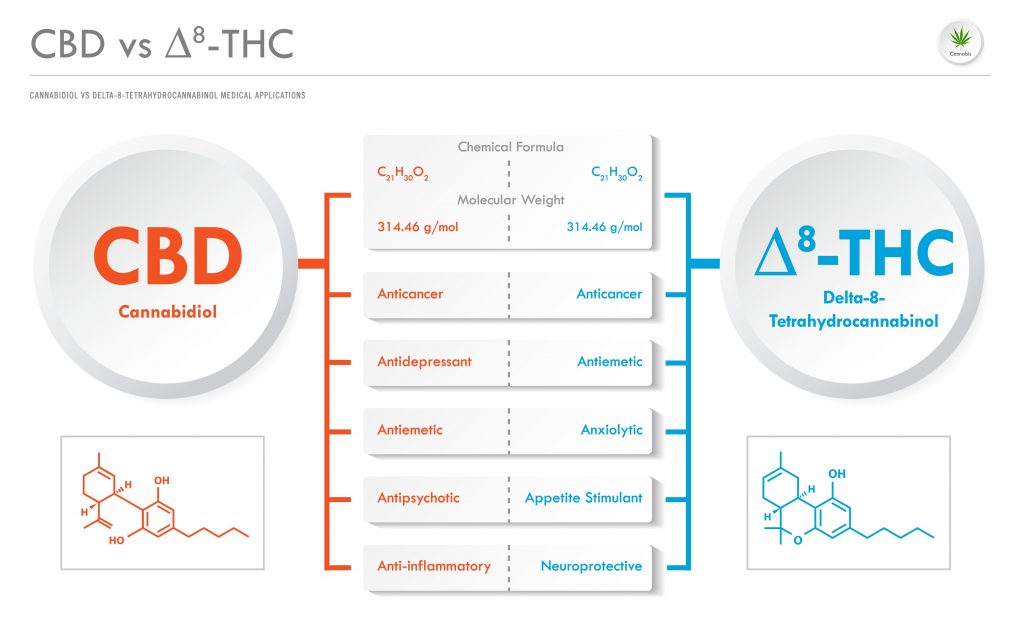
Plus, since its an isomer of delta-9, its also required that concentrations not be over .3% for processing or final products, which rules out the ability to use it anyway. As stated, whatever debate there was, ended with the Controlled Substances list update. However, why this is happening is a very good question, as delta-8 itself has not been found to be dangerous, but merely the possible processing techniques that can use harsh chemicals. I’ve said it several times already, but this means all that’s needed is regulation in the delta-8 industry, not an illegalization of it.
The reason we’re talking about this at all, is because the 2018 US Farm Bill legalized hemp production and the production of hemp-based products. The perceived delta-8 loophole gave the impression that THC could legally be sold, leading an industry to sprout up around it. Delta-8 isn’t merely a half-brother to delta-9, it has its own impressive list of characteristics that actually make it a better option for many recreational and medical users. This is primarily because delta-8 has not been shown to produce the anxiety and paranoia of delta-9, and it’s associated with less couch-locking effect, a slightly less intense psychoactive high, more energy, and a clearer-head.
NEW: THCV + DELTA 8 VAPE CARTRIDGES
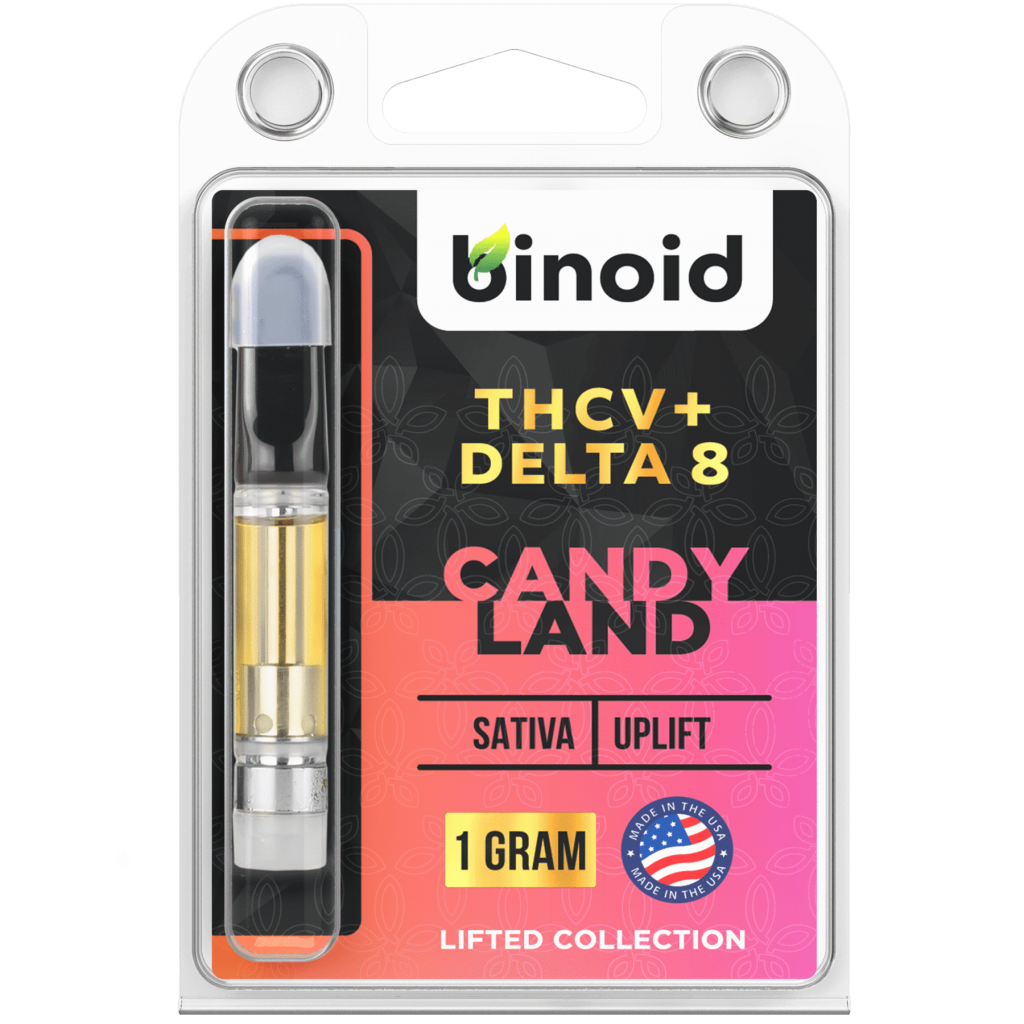
It’s no wonder that recreational users who experience anxiety with delta-9 would like this product, and the same for medical users who don’t want to be weighed down during treatment. As delta-8 produces nearly the identical list of medical benefits, it therefore provides a really great workaround for some of the issues associated with delta-9. And so, legal or not, the industry has been pushing it out, with some worried that this hemp-derived THC will cannibalize legal THC sales. This is what’s being spoken about now in Washington state.
How delta-8 threatens the legal industry
First and foremost, any black market like delta-8 threatens a legal industry, that’s just the nature of it. So what’s going on here, is essentially no different than the legal industry fighting the standard cannabis black market, which it already is doing a lackluster job with, likely because of high prices due to taxes. In that sense, complaining about delta-8 is kind of useless, and simply highlights that its a black market product. Let’s be honest though, delta-8 threatens the legal industry way less than the standard cannabis illicit industry does, and this is not likely to change.
The complaint being made, regardless of how relevant – or even true it is, is that marijuana growers in Washington are afraid they’ll be put out of business by the growing delta-8 market. The reason given by growers, as per mjbizdaily, is that its cheaper to convert CBD into delta-8 and 9, than to grow marijuana plants. This sounds a bit suspect to me, since both cases involve growing cannabis plants, with the former method requiring extra processing, thereby likely making it more expensive. It sounds more like these growers are simply angry that they’re legal, and competing with an illegal part of the industry.
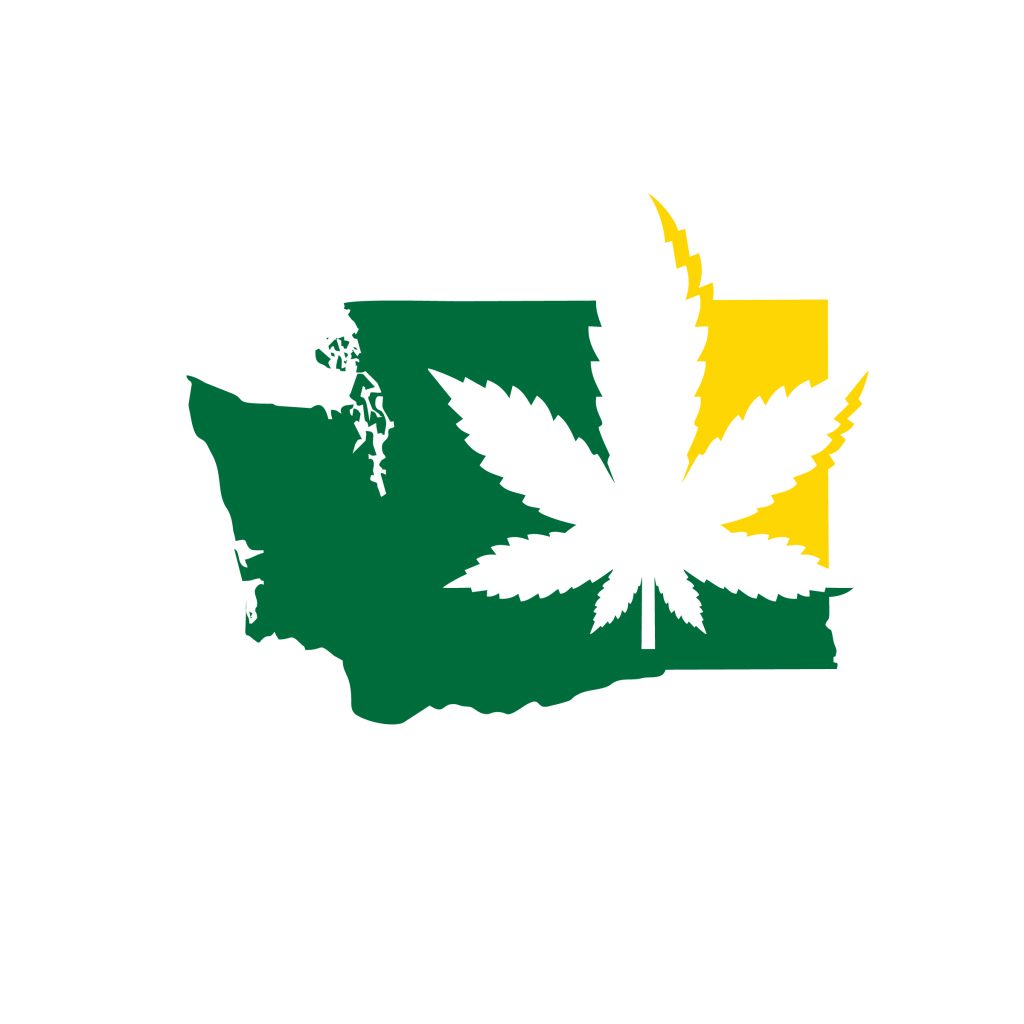
As of right now, Washington state law requires marijuana to be grown only by licensed producers, with only their products available in dispensaries. This is, of course, how legalized location works, and is not specific to Washington at all, or even the cannabis industry. In any regulated industry, products must come from licensed providers only in order to be in concert with the law.
It should be pointed out, that much like with federal regulation which never legally allowed delta-8, neither does Washington state as of late April, 2021. At that time, the States Liquor and Cannabis Board (WSCLB), issued a statement regarding the banning of lab-created cannabis products from hemp. This is standard, as synthetics have never been covered by any legalization in any state. The statement made, talks about “the conversion of CBD, hemp, or both to Delta-8 THC, Delta-9 THC, or any other marijuana compound that is not currently identified or defined in the RCW, the WAC, or both.”
This clarifying statement came about because products were being sold that were in violation of the State’s law, which only allows pre-approved marijuana-infused products. Legal products must be grown and produced by licensed cultivators and producers. It was found that products were being sold containing other cannabinoids, like delta-8, and other additives.
The states that have moved to illegalize delta-8, like Colorado and Vermont, did so under the guise of safety, rather than closing a tax loophole. With statements about the possibility of dangerous processing (which, is actually a worthwhile fear, just not one being handled properly). The first concern of the WSCLB is that CBD is being altered to make synthetic equivalents of compounds found in the cannabis plant. Once again, remember synthetics are always illegal. The second issue is that these compounds have then turned up in regulated markets, though they are unregulated. These products are not allowed for sale under i-502, which governs marijuana products for sale, and makes sure all relevant parties are in concert with the RCW (Revised Code of Washington).
The RWC – which regulates controlled substances, makes clear that both synthetic and non-synthetic cannabinoids are covered under the term ‘tetrahydrocannabinols’, making both kinds Schedule I compounds. Under ‘unfair and deceptive practices’, the RWC states that it’s a deceptive practice to sell or manufacture “any product that contains any amount of synthetic cannabinoid.”
However, the illegality is not clear-cut, because the RWC allows for exemptions, mainly in the form of a legal recreational cannabis market. Whether this exemption of a controlled substance therefore counts for both delta-9 and delta-8 is debatable, and many see the overall statement as not clarifying delta-8 illegality. Regardless of possible future court debates, the current standing is that Washington’s LCB disallows synthetic cannabinoids from entering the legal market.
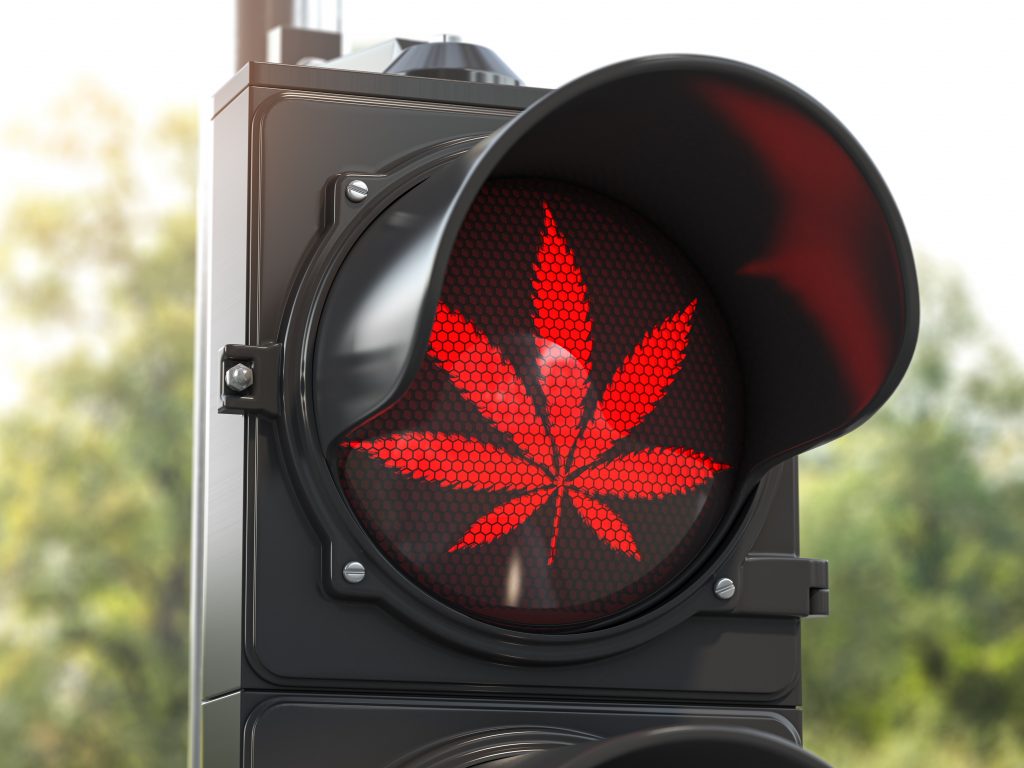
Does it matter if delta-8 threatens the legal cannabis industry?
It depends how you look at it. It might not help marijuana farmers, but competition exists everywhere in life, and that’s just a reality. The only front that this matters on, is lost tax revenue. The government doesn’t care if a producer thinks they’re not making enough money, they sure don’t care in any other industry. The government cares about the rise of products being sold that it can’t make money off of, and these illegalizations function to attempt to rid these legal markets of illegal products.
In terms of the safety issues associated with synthetics, there really aren’t any thus far, yet it keeps being the line spoken by government officials. Take a look at this study from 2014 which notes that 1/2 of all respondents currently used, or had used synthetics, and yet no truly negative issues were mentioned. Whereas a study like this indicates that synthetics are used by a large percentage of cannabis users, government sites rarely make mention of total usage, instead focusing on negative cases without giving a frame of reference in terms of whether the numbers given represent a large or small percentage of the total.
NEW: Delta 8 + Delta-10 THC Tincture
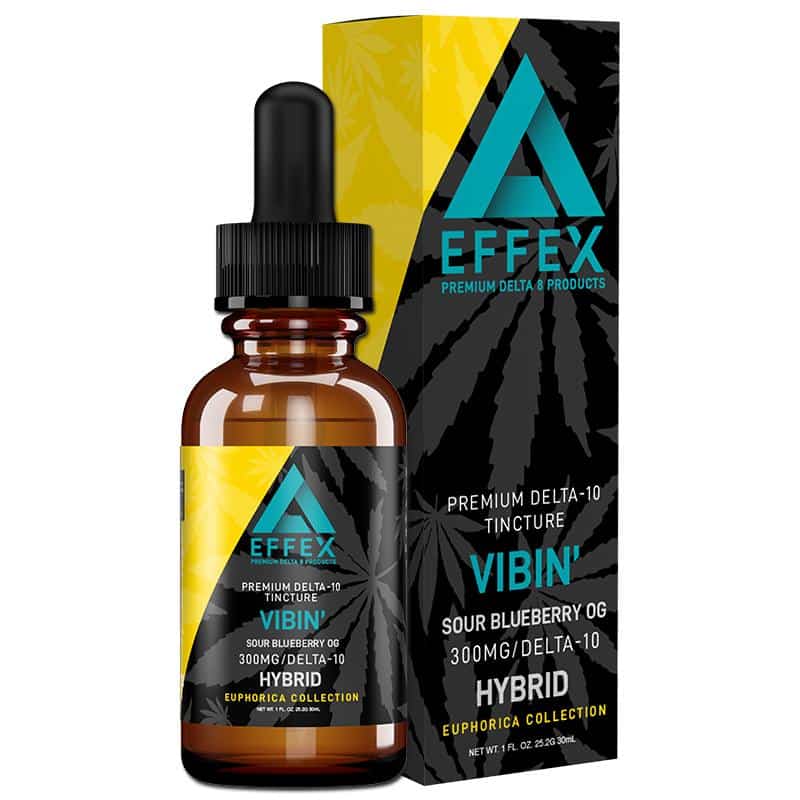
It does the same thing with vapes, talking up 68 deaths over more than a decade of time, while failing to make the immediate comparison to the 480,000 that die every year from smoking. It’s some of the worst fear marketing out there. The government has spread intense fear over compounds like K2 and Spice, yet people aren’t falling down dead, or having issues en masse, which creates a logical quandary. If they are so bad, how are so many people using them without a problem? This subject presents a massive contradiction between what the government is warning, to what’s actually going on. In fact, the government has no issue with pushing synthetics like Dronabinol, the only difference being that this is an approved pharmaceutical product that puts money in the government’s pocket.
Yes, safety issues do exist, which is why the industry should be regulated. This is exemplified by the vitamin e-acetate issue in vape cartridges, and other additives that have caused problems. We don’t want harsh chemicals in our products. But, way more importantly, we also don’t need opiates all over the place. Yet these drugs, which accounted for approximately 75,500 deaths between March 2019 and March 2020 in the US, are still given out in huge amounts, and in every state that has banned delta-8 because of safety concerns. It makes considerably more sense that governments are concerned with losing money, more than being worried about our collective heath. Or for that matter, the loss of profit to some producers in a competitive market.
Yeah, delta-8 will cut into other cannabis product revenues, because that’s how life works. Just like Walmart takes money away from higher end stores. Markets work off competition, and if marijuana growers are unhappy with another relevant product cannibalizing their sales, they should rethink their own strategies. But one thing for sure is, the government will never care about this. Not federally, and not on any state level.
Conclusion
This particular news story is no different than those of other states that have outlawed delta-8, or even the federal government. No government wants to lose tax revenue because of unlicensed products. The better question now is, why isn’t delta-8 being regulated to end this problem? My guess? The government already knows it can’t get it under control, or is waiting for a pharmaceutical version that its willing to push for its own cut. As far as the idea that delta-8 threatens the legal industry, sure, but that’s mainly related to tax collection. As far as marijuana growers losing out, they might, but that’s life in competitive markets, and they should really stop complaining.
Welcome to CBDtesters.co, your one-stop-shop for the relevant cannabis-related news worldwide. Stop by daily to stay on top of what’s going on in the ever-changing world of legal marijuana, and sign up to receive our newsletter, so you never miss a story.
Resources
Legal Cannabis Market Just Can’t Compare to the Black Market
The Question of Delta-8: Recreational or Medicinal? The Delta 8 Weekly Newsletter (All you need to know about Delta 8 thc), the Best Delta 8 THC Deals and the Best Delta-10 THC deals Colorado Just Banned Delta-8 THC! Who’s Next?
The US Government Secretly Illegalized Delta-8 THC Texas First State to Say ‘No’ to Delta-8 THC Criminalization
Misconceptions About CBD Explained – For One, It’s Psychoactive!
Cannabis Remains Schedule I After UN Vote
Disclaimer: Hi, I’m a researcher and writer. I’m not a doctor, lawyer, or businessperson. All information in my articles is sourced and referenced, and all opinions stated are mine. I am not giving anyone advise, and though I am more than happy to discuss topics, should someone have a further question or concern, they should seek guidance from a relevant professional.

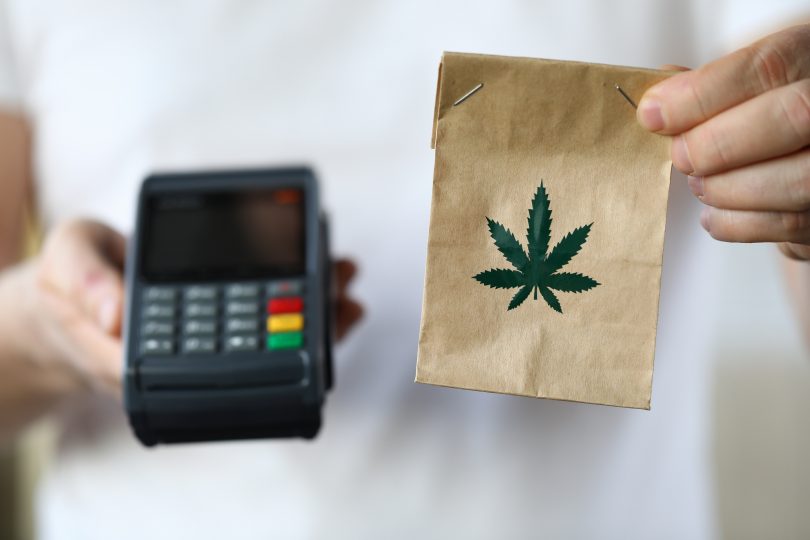






Thank you for this educational article. As a lawyer who represents hundreds of businesses and organizations in the hemp industry, including the Hemp Industries Association, I disagree with your legal analysis. I recommend reading the HIA’s legal position statement, which my firm prepared, since it directly addresses the legal issues you discuss in your article: https://cannabusiness.law/hia-issues-legal-position-statement-supporting-delta-8-thc/